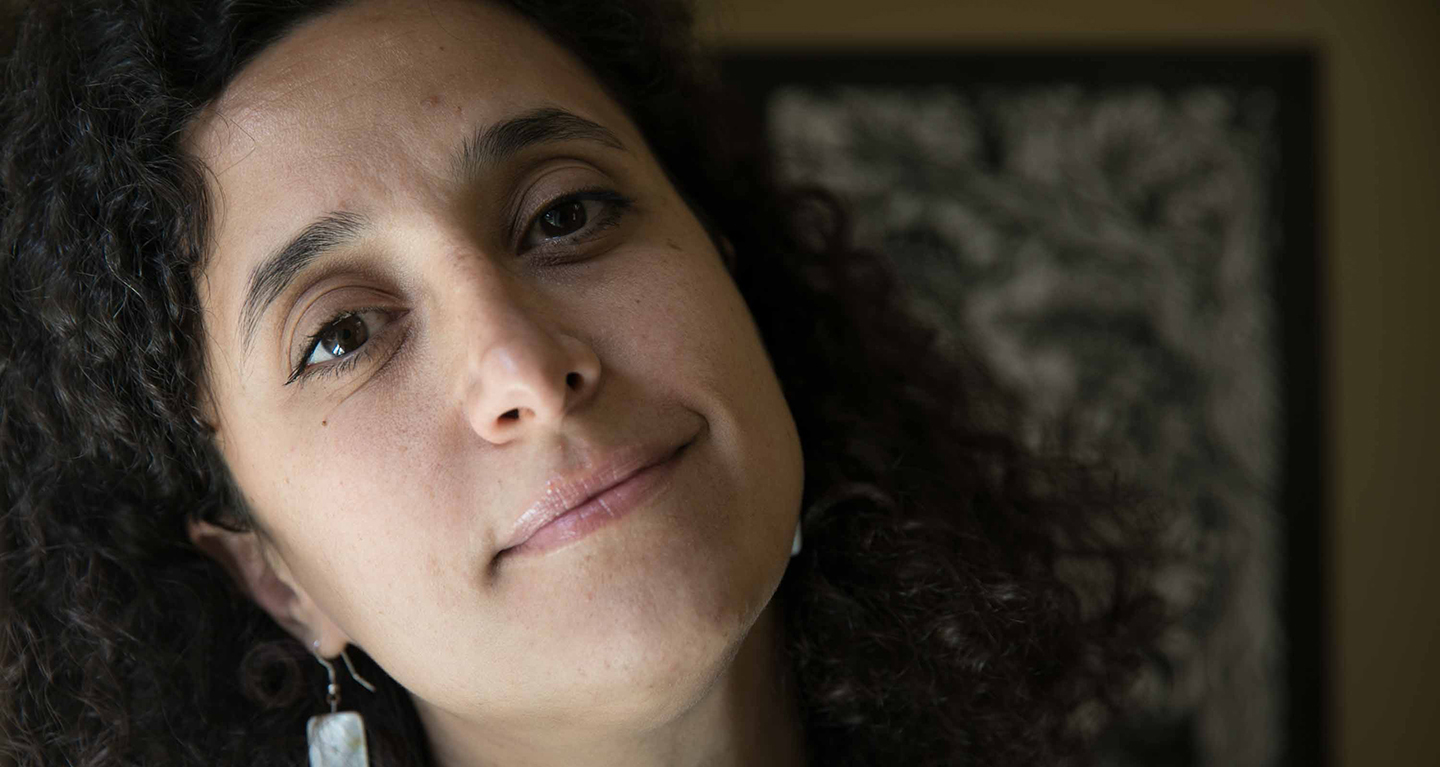Dear CNNC friends,
Warmest greetings in this new year. Already in its infancy, 2020 has proven to be a challenging one for our refugee and immigrant communities and for those of us working as – and for – new (and sometimes not-so-new) North Carolinians. In my native Arabic, we have a saying for the turning year: may it re-turn to us and you all in health and safety. This year, I would like to add and in resilience, resistance, and persistence.
As a person who was once a new American – and more recently a new North Carolinian – I am honored to be the next Director of the Center for New North Carolinians. And as a second-generation Palestinian refugee born and raised in Jordan, I am animated by the urgency of doing the much needed work of supporting newcomers alongside the passionate staff of the CNNC, many of whom are similarly making a new home for themselves, their families, and their communities here in Greensboro.
Indeed, Greensboro is an important part of this journey for us. I know it has been for me.
When I came to the U.S. as a graduate student in 1996, it was with hope and anxiety. After 9/11, however, much of that hope gave way to anxiety. Life became hard for Arabs and Muslims – the daily immersion in hateful rhetoric and the exhaustion of defense. I left the U.S. in 2003 and returned to Jordan. Sadly, in 2008, the challenges I faced as an Arab and Muslim in the U.S. were matched by the challenges I faced as a woman academic in a conservative institution of higher learning in Jordan. Presented with barriers to academic freedom, I packed up my life and made my third migratory journey across the Atlantic.
Once again, I found myself in ghurba.
A beautiful Arabic word that means exile, ghurba’s root is also the etymological base for the words “west” and “strange.”
Here again in the west, would I still feel like a stranger surrounded by strangers?
What made exile tolerable for me was and always will be Greensboro. In this southern city, I found the same kind-of-home it had already been for decades for the “strangers” who have resettled here from all around the world. When I founded Every Campus A Refuge (ECAR) in September 2015 – an initiative that partners college and university campuses with community organizations, including local refugee resettlement agencies, to host refugees and support them in resettlement – it was an extension of what refugees and immigrants do all the time. They create a kind-of-home in ghurba.
ECAR campuses (such as Guilford College and Wake Forest University) have collectively hosted and supported the resettlement of over 150 refugees from Syria, Iraq, Sudan, Rwanda, Uganda, and the DRC. At Guilford College, this initiative now includes a curricular component where students learn about forced migration and resettlement while earning credit for the work of hosting refugees on campus and supporting them in resettlement.
I carry with me to this new position not just the experience of a body on the move and a creative search for home. Just as importantly, for more than two decades, I have been a professor of English. As a longtime teacher of how and why stories shape and move us – how and why they matter in the world – I hope to bring the power of the humanities to unsettle damaging narratives and to build ones that are equitable and justice-driven. Indeed, my experiences with higher education – ones in which I have come face-to-face with deep rejection and expansive promise – have shaped my view of academic institutions as a place fundamental for unsettling and building, where the former is as necessary as the latter. The CNNC’s hybrid position as a Center that straddles the academic world and that of direct service provision and community organizing means that we can also do as much building as we do unsettling.
Much of the work I have done as an English professor and Director of Every Campus A Refuge, and hope to continue to do as CNNC Director, is accomplished by listening attentively to the stories and experiences of our community members, “hacking” our institutions in creative and inspiring ways, and collaborating with community members and organizations. I am both incredibly proud and humbled to be a new member of the CNNC family – supporting its programs in their established success, strengthening the bond between its academic and service-provider divisions, and working towards greater financial stability so that we can weather the turning years whatever they may bring.
I hope that you will join me in supporting our important work.
In solidarity,
Dr. Diya Abdo د. ضياء عبده
